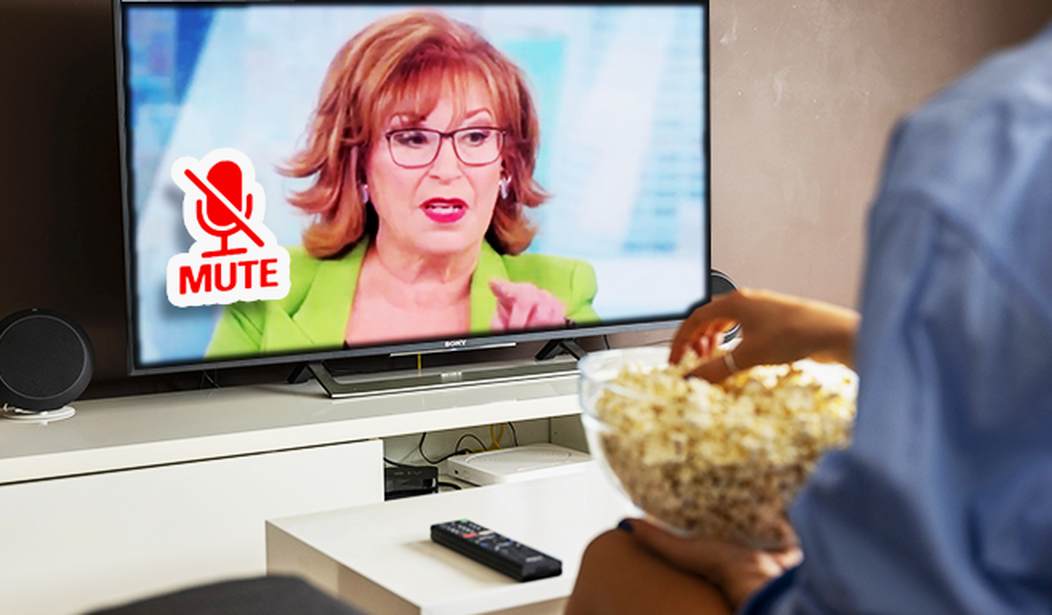Rumors are circulating that ABC’s The View may not return from its summer hiatus. The speculation gained traction when Rosie O’Donnell claimed the show might be getting the axe to appease President Trump. Whether or not that is the official reason, the bigger question is whether the show was even sustainable in its current form.
For years, The View has billed itself as a place for diverse perspectives and open conversation. In practice, it became a platform for one perspective, specifically the anti-Trump one. Every hot topic, every headline, every news cycle eventually circled back to the same conclusion: that Trump was wrong, dangerous, evil, or all of the above. If you watched the show expecting a genuine debate or even a good-faith disagreement, you were bound to be disappointed.
Viewers are losing patience with programming that assumes they need to be told what to believe. Joy Behar’s most recent rant announcing the summer hiatus is a perfect example. It was long on outrage and short on substance, the media’s equivalent of a never-ending toddler tantrum. There was a time when political commentary could be sharp, witty, and informative. Today, it feels more like a one-note lecture from someone who believes the audience cannot be trusted to think for themselves.
That approach might feel satisfying in the green room and elite echo chambers, but it is not working with the audience. If you are running a business (as networks are), you cannot alienate half of your potential market and expect to keep the lights on. Viewers have options now. If they feel like they are being served the same angry monologue repeatedly, they can switch the channel, watch a podcast, or stream something entirely different.
We have already seen how this story ends. Just look at Stephen Colbert. His late-night show began as a comedy program and ended as a nightly Democrat political rally. It was the same audience and the same message every night. When ratings slipped and advertisers grew weary, CBS eventually decided it was not worth the cost. Colbert is being taken off the air because the network is losing tens of millions of dollars.
Free speech is one of America’s most valued rights, but it can become costly when it drives audiences and advertisers away. When the cost of producing that content starts to exceed the revenue it generates, the decision to cancel is no longer political. It is financial.
This same reckoning is surely now unfolding at The View. It is not difficult to imagine executives looking at the numbers and realizing that the return on investment simply is not there. They know that to survive, especially in a competitive media landscape, they must appeal to a broader audience and that means offering more than one point of view.
The shift is not just happening in commercial television. Even taxpayer-supported media is facing the same challenge. The Corporation for Public Broadcasting, which helps fund NPR and PBS, recently lost its federal funding. In the days since, loyal listeners and viewers have stepped up with donations, but the long-term future remains uncertain for the outlets that relied heavily on government support. Without taxpayer money to guarantee their budgets, these stations will have to make the same calculation as any private business. Can they persuade enough people to support their product voluntarily?
There is a principle at work here that goes beyond politics. The media should strive to be impartial. The government should be unbiased. When either fails in that mission, the public has every right to take their attention (and their money) elsewhere. That is how a healthy marketplace of ideas functions.
For celebrities like Rosie O’Donnell, Joy Behar, and Stephen Colbert, this reality might be hard to accept. They have spent years in studios where the applause is predictable, and the approval is guaranteed. In the real world, however, audiences are under no obligation to keep watching. Viewers want to be entertained, informed, and challenged. What they do not want is to be told, day after day, what they are supposed to think.
If The View is canceled, it will not be the end of free speech. It will be a reminder that free speech exists in a marketplace, and in that marketplace, the audience decides what is worth buying. Free markets have a way of correcting imbalances. When a product stops meeting the needs of its customers, it is either improved or discontinued. In America, we are free to say what we want and free to change the channel, too. It is a free speech competition, the opposite of censorship.
Shaun McCutcheon is a Free Speech advocate, an Alabama-based electrical engineer, the founder of Multipolar, and was the successful plaintiff in the 2014 Supreme Court case McCutcheon v. FEC.





